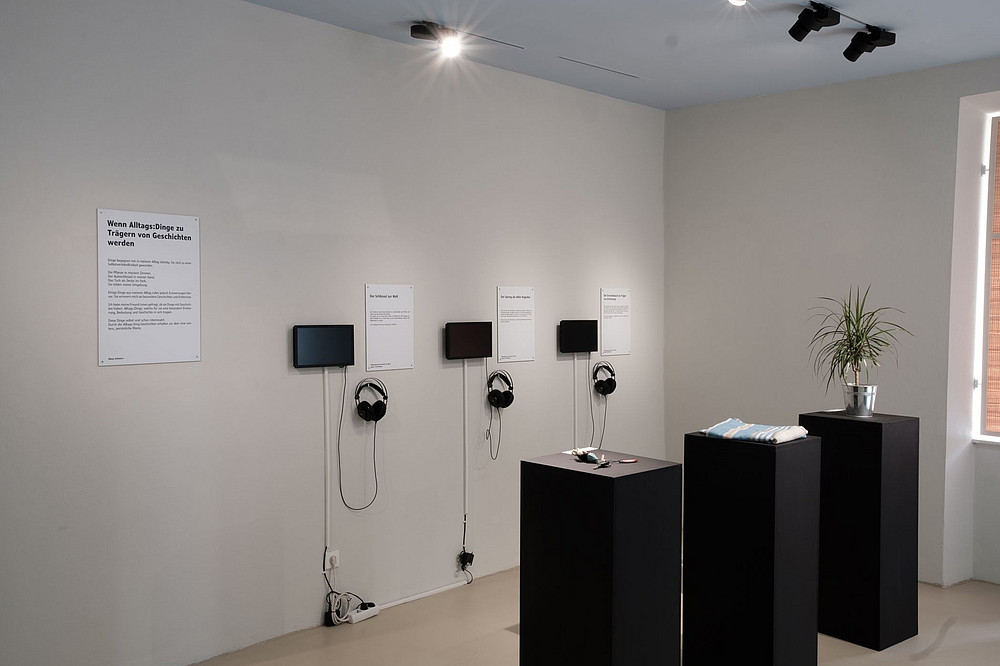Information on the Bachelor's degree program in European Ethnology
The Bachelor's degree course in European Ethnology takes a critical, cultural-analytical approach and examines social problems in both past and present societies. The focus is on people, whose experiences and attributions of meaning in relation to culture and lifestyle are explored. A special feature of the course is the methodologically qualitative and socio-critical approach to the subject areas, which understands culture as a materially conditioned form of expression.

The course is divided into various modules. After an introductory module, students are taught qualitative ethnographic and historical methods of empirical culture studies. Further modules are Culture and Historicity, Cultural Transformation Processes, City - Space - Society and Cultural Studies Practice. The modules are supplemented by an in-depth module, in which certain topics can be dealt with in greater depth, as well as the reading of discipline -specific literature and an introduction in further humanities research.
By completing the various modules, students acquire the ability to understand and interpret cultural processes and representations. The main objectives of the course are to acquire the skills to contribute to cultural understanding and the solution of social problems. The course serves both as a theoretical and practical introduction to understanding, analysing and reflecting cultural processes of the everyday, and as preparation for specific professional fields, such as media, museums, cultural work, social work, intercultural communication and integration or tourism.